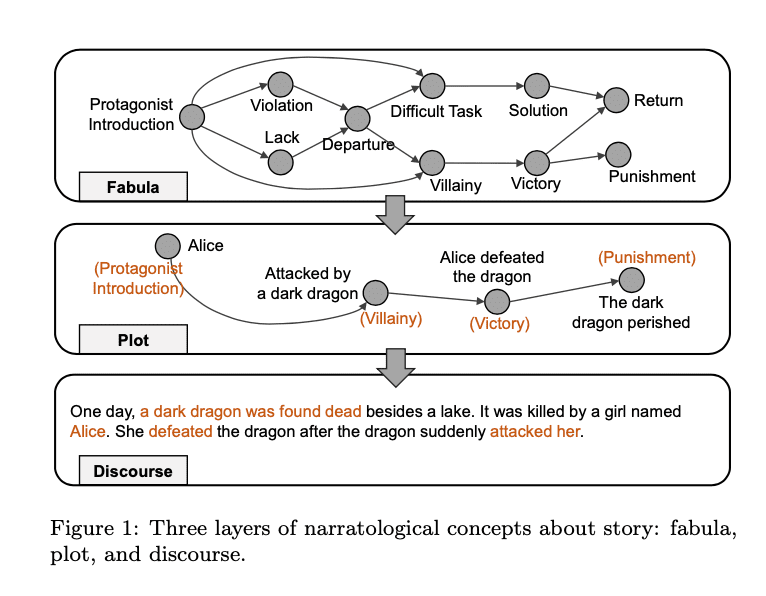
Storytelling comes naturally to humans. But for machines, spinning an engaging narrative remains an elusive goal. While AI can generate remarkably fluent text, its tales often lack coherence or get repetitive. New research explores how integrating structured knowledge into AI systems can enhance storytelling abilities.
When reading a story, we draw on general knowledge about how events logically unfold and characters plausibly act. We track complex plot threads and fill gaps using common sense. Machines lack this innate understanding we take for granted. Their stories can become nonsensical or contradictory.
To tackle this, researchers are providing AI systems explicit knowledge in structured formats. This external knowledge acts like a guide, keeping machine-generated plots on track. It also helps avoid stale repetitions by expanding the ideas available to pull from.
Several common limitations plague today's AI storytellers:
- Lack of long-term coherence. Without a sense of overall narrative arc, they ramble aimlessly.
- Insufficient grounding in real-world facts. Stories come off vague rather than richly descriptive.
- Repetition. They loop the same words and phrases like a broken record.
- Hallucination. They fabricate events that don't logically follow.
Integrating knowledge resources like ConceptNet, which contains common sense facts about the world, alleviates these issues. The knowledge functions like an annotated outline, steering the plot. It also provides a memory bank of concepts to reference, varying the content.
But effectively harnessing external knowledge remains challenging. Two main strategies have emerged:
- Injecting knowledge directly into the AI system's training process, like teaching a human author.
- Using knowledge as an external guiding reference during story generation.
Each approach has trade-offs. Weighting structured resources too strongly can pollute the system's original language skills. But using knowledge merely as a loose guide can fail to correct nonsensical narration.
Striking the right balance is an active research problem. Scientists are also expanding the knowledge available to AI storytellers with new databases. Most systems today use generic common sense facts. But resources detailing specific people, places, and events could enable more detailed, vivid storytelling.
Automating evaluation also poses difficulties. No single "correct" story exists for a given prompt. Automatic metrics struggle to account for creativity and interest - aspects requiring human judgment. More robust evaluation is critical to gauge progress.
Despite hurdles, knowledge-infused narration clearly improves coherence, factual grounding, and variation. AI authors with a knowledge boost spin far more convincing yarns. The research provides a roadmap for machines to better mimic core elements of human storytelling.
Rather than viewing imagination and structure as at odds, they are complementary. Master storytellers combine free-flowing creativity with purposeful intent. By fusing extensive knowledge with unrestrained generation, machines inch closer toward unlocking that balancing act.
Sources:
Open-world Story Generation with Structured Knowledge Enhancement: A Comprehensive Survey


